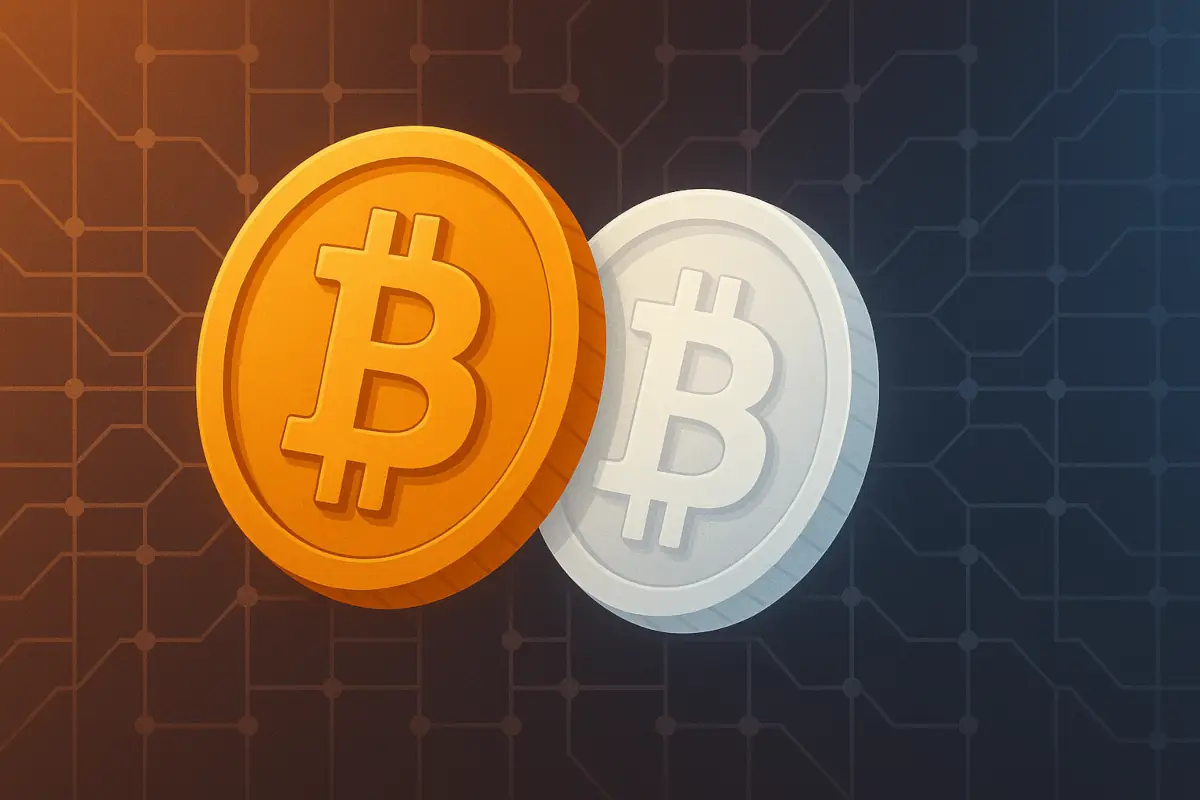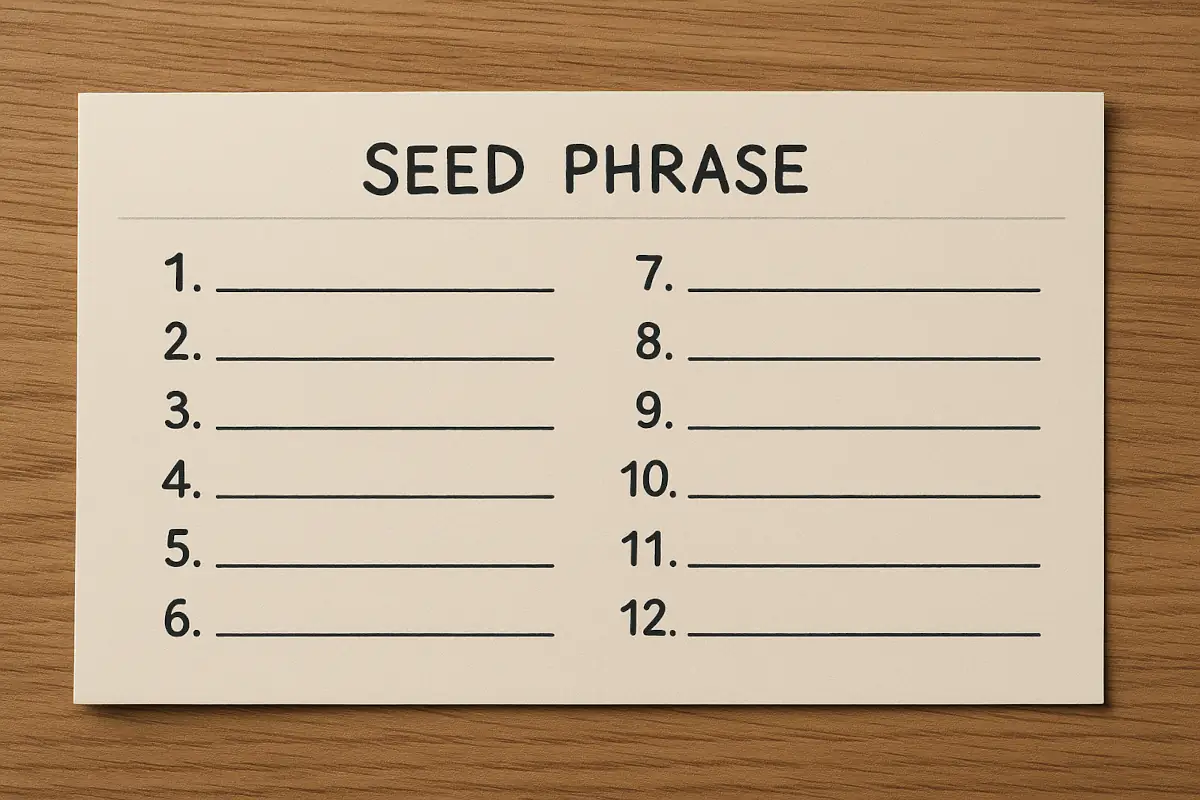Artificial intelligence is everywhere, and it was only a matter of time before it found its way into crypto price predictions. The concept is promising – a chatbot that scans big amounts of data, tracks market sentiment, and tells you whether your favorite coin is about to skyrocket or crash. But does it actually work?
We decided to put AI-driven price predictions to the test. Some chatbots showed promise, pulling in live data efficiently, while others struggled to provide anything useful.
Table of Contents
The Biggest Problem: Data Limitations
Let’s get one thing straight – not all AI chatbots have live internet access. Many rely on outdated datasets, meaning they’re unaware of recent major events like Bitcoin’s latest halving, US elections or ETF approvals. Even those that can browse the web don’t always get it right. Some provide old figures, misinterpret sources, or pull from articles that are outdated.
And it’s not just about price feeds. AI lacks human intuition. Experienced investor can check multiple sources, assess credibility, and weigh market sentiment. AI, on the other hand, can only process the data it finds – whether that data is reliable or not.
Putting AI to the Test
To see how well chatbots handle live data, we conducted a simple experiment. We picked a few that could search the web, asked for current crypto prices, and then pushed them for 2026 predictions. Our goal? To determine if they could retrieve accurate price data and whether their forecasts held any real value.
ChatGPT 4o
Among all tested chatbots, ChatGPT 4o performed the best. It provided a snapshot of current prices along with a chart. The numbers weren’t perfectly up-to-the-second accurate, but they were close. It seemed to have some form of external data connection, making it more reliable than most.
However, when it came to predictions, it simply aggregated forecasts from different sources rather than analyzing the data itself. While it provided broad price ranges for Bitcoin and XRP, it oddly claimed that no exact predictions were available for Ethereum.
DeepSeek R1
DeepSeek R1 did reasonably well with live pricing but wasn’t perfect – it mistakenly reported XRP at $2.70, when it was actually $2.51.
For predictions, it summarized multiple price forecasts from various sources, showing the lowest and highest expectations but offering no original analysis.
Microsoft Copilot
Copilot’s responses were hit or miss. It mostly provided accurate prices, but when asked about Nervos Network (CKB) – less popular cryptocurrency – it initially said no data was available. Then, it incorrectly claimed CKB was worth $3.22 – a slight 48,500% overestimation. Only after multiple attempts did it finally retrieve the correct price.
For future predictions, it presented a price range for Bitcoin and Ethereum (sourced from online articles) but stated that no predictions were available for XRP.
Google Gemini
Google Gemini was the most talkative of the bunch, but not necessarily the most helpful. When asked for live prices, it responded, “It’s tricky to provide completely up-to-the-minute prices for all cryptocurrencies” and then gave us broad price ranges. These weren’t always accurate – its Bitcoin range was $98,000–$99,000, while the actual price was closer to $97,700.
When pushed for predictions, Gemini dodged the question, saying, “It’s like trying to predict the weather a year from now—it’s really tough!”. Instead of providing numbers, it gave a vague overview of factors that could influence the market. It also mentioned that victory for Ripple in the SEC lawsuit could boost XRP’s price – failing to recognize that this already happened.
The Pattern: AI is Only as Good as Its Data
AI chatbots have improved at retrieving live crypto prices, but errors still occur. Outside of ChatGPT 4o, which seems to have some API access, we doubt any of these chatbots can consistently pull the latest, most accurate prices – especially during periods of extreme volatility.
When it comes to predictions, every chatbot simply scoured the internet for existing forecasts. While this approach isn’t unreasonable, it means they don’t provide any information you couldn’t find yourself with a quick Google search. Worse, the forecasts they pull from are often low-quality – random numbers with no clear methodology behind them. Even when AI compiles and summarizes predictions, the underlying data is often unreliable.
AI Isn’t Ready for Investment Calls
At the end of the day, there’s no magic shortcut. AI chatbots don’t have secret insights that will make you rich. They can only repeat information already available – and sometimes, they get it wrong.
So, where is AI useful in trading? We covered that in this article.




